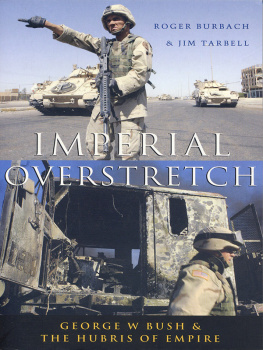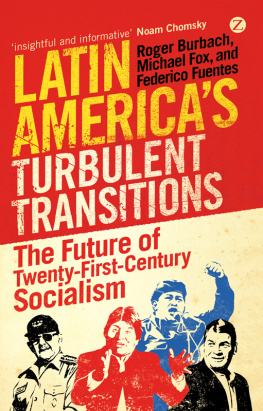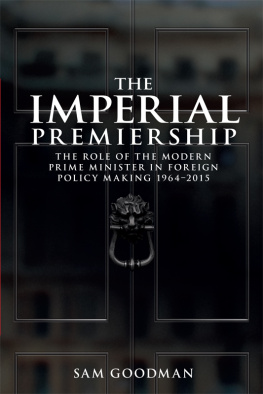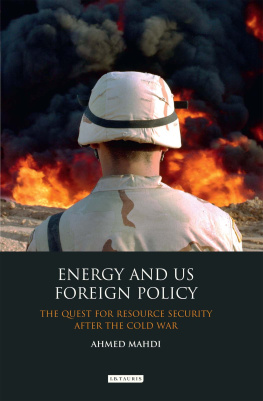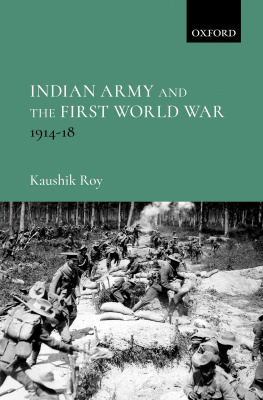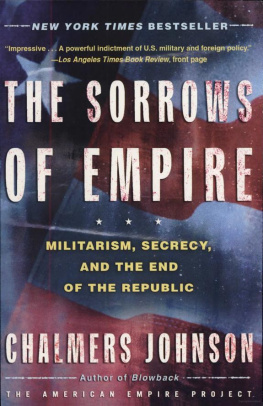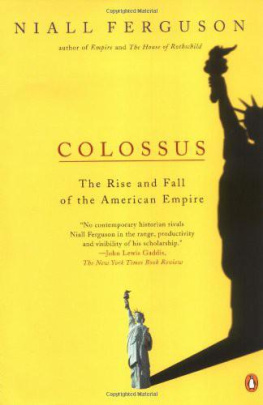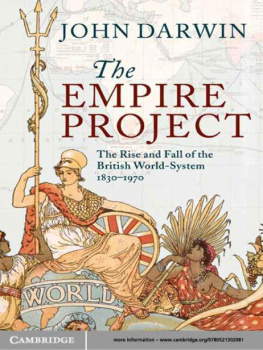About this Book
George W. Bush has fundamentally changed Americas place in the world. And for the worse, argue Roger Burbach and Jim Tarbell. Using September 11 not as tragedy but as a political opportunity, Bush has given us the war on terror, the blitzkrieg in Afghanistan, the Patriot Act, the doctrine of pre-emptive war, the invasion and occupation of Iraq, and an immense war bill that saps the economy and vital domestic programmes.
The clique surrounding Bush has altered US foreign policy more dramatically than at any time since the onset of the Cold War. In some neo-conservative circles the word empire is back in fashion. Ironically, a great republic that broke away from the British empire is now supposed to be proud of its new imperial role. This book explains how the neo-cons, the Christian right and the petro-military complex have hijacked US foreign policy. It asks some very important questions. What is the price Americans will have to pay for this new era of endless projections of American military might a price measured in terms of a never ending fear of terrorism; mushrooming spending on security, defence, and overseas military adventures; the erosion of civil liberties inside the United States; and most importantly the deaths abroad of tens of thousands of innocent civilian and military combatants on both sides?
At the heart of this disturbing and timely book is the ultimate question. Previous empires have foundered on the rock of imperial overstretch the costs of trying to run and protect empires eventually outstripping the capacity and willingness of the citizenry to pay them. Is the US in danger of going down that road? Who around George W. Bush is pushing him along that path? Can Americans change direction and restore Americas reputation in the world into the shining city on the hill?
Roger Burbach is Director of Research and Publication at the Center for the Study of the Americas (CENSA) in Berkeley, California. A historian by training, he was for a number of years a staff member and writer with NACLA, the North American Congress on Latin America. During the 1990s he was Visiting Scholar in Peace and Conflict Studies, and subsequently at the Institute of International Studies, University of California, Berkeley. He is the author of numerous books, including most recently The Pinochet Affair: State Terrorism and Global Justice (London and New York, Zed Books, 2003), Globalization and Postmodern Politics: Zapatistas versus High Tech Robber Barons (London, Pluto Press, 2001) and Globalize This! The Battle against the World Trade Organization (Monroe, ME, Common Courage Press, 2000) (edited with Kevin Danaher). He coauthored with Orlando Nez Fire in the Americas (London, Verso Books, 1987).
Jim Tarbell is a writer and broadcaster based in Northern California. Following spells as a staffer for Congressman Wendell Wyatt (196872) and Peace Corps volunteer (197375), he founded his own publishing house, Ridge Times Press, in 1981. Amongst many other activities, he is now the editor of the Alliance for Democracy quarterly journal Alliance Alerts, and co-hosts a radio programme on KZYX called Corporations and Democracy. He is the author of a previous book, I Came Not Alone (1994), which tells of ordinary peoples experiences of globalization in Latin America, and is currently working on a new book, Democracy versus Empire.
ROGER BURBACH | JIM TARBELL
Imperial overstretch
George W. Bush and the hubris of empire
Zed Books
LONDON | NEW YORK
Imperial overstretch: George W. Bush and the hubris of empire was first published in 2004, by Zed Books Ltd, 7 Cynthia Street, London N1 9JF, UK and Room 400, 175 Fifth Avenue, New York, NY 10010, USA
This ebook edition was first published in 2013
www.zedbooks.co.uk
Copyright Roger Burbach and Jim Tarbell, 2004
The rights of Roger Burbach and Jim Tarbell to be identified as the authors of this work have been asserted by them in accordance with the Copyright, Designs and Patents Act, 1988.
Cover designed by Andrew Corbett
Set in FF Arnhem and Futura Bold by Ewan Smith, London
All rights reserved. No part of this publication may be reproduced, stored in a retrieval system or transmitted in any form or by any means, electronic, mechanical, photocopying or otherwise, without the prior permission of Zed Books Ltd.
A catalogue record for this book is available from the British Library.
Library of Congress Cataloging in Publication Data available
ISBN 978 1 84813 702 8
Acknowledgements
The research and writing of Imperial Overstretch required an overstretch on the part of the authors as well as all those who helped us produce the manuscript in just over four months. Without the foresight and guidance of Robert Molteno at Zed Books, this project would not have come to fruition. Special thanks to Russell and Sylvia Bartley, who gave us sound advice on an early version, and to Spike Peterson, who gave us cogent direction at a pivotal moment. Before we started writing, Robert Armstrong provided assistance in conceptualizing the project. We give special thanks to Judy Tarbell for her editorial comments on several chapters and overall enthusiasm for making this a successful undertaking.
Ensuring that the book reflected the current state of the empire required leaving our northern California harbours to travel to Washington, DC, on two occasions. We thank our hosts on those trips, Cathy Schneider, Laurie Marshall, Gail Morrell, Scott Redford and Scott Cooper, for their generosity and interest in this project. We also thank the people who took time out of their busy lives to share their thoughts with us on these trips, including: Charlie Cray, Max Sawicky, Bill Goodfellow, Fareed Mohamedi, Cornell Metternich, Jeff Krehely, Meagan House, Emily Kernan, Steve Weiss, Chris Toensing, Congressman Mike Thompson, and especially Phyllis Bennis.
We also wish to thank Michael Lind and Dana Priest, as well as Michael Klare and Marc Herold, for their incisive thoughts and ideas. Pat and Gary Leiser, Aron Scalabrini, Cecile Earle, Glenn and Marilyn Borchardt, David Parkhurst, Mary Hayssen, Paul Cantor, Eric Leenson and Pat Flynn provided encouragement as well as logistical assistance. Maria Elena Martinez and Peter Rosset of the Center for the Study of the Americas and Ben Clarke of Freedom Voices were also very supportive. Finally thanks to Ewan Smith and Ian Paten for a fine job copyediting and laying out this book. Mostly, though, we thank our family members, Judy, Beca, Shamli, Crescent, Matt and Allie, for their patience and understanding in allowing us to concentrate on finishing this project in a timely manner.
To the victims of the empire.
May this age of belligerency soon pass.
Prologue: the toll of empire
In modern war there is nothing sweet nor fitting in your dying. You will die like a dog for no good reason. Ernest Hemingway, Notes on the Next War
There is much common ground between low- and high-tech terrorism, between the terrorism of religious fanatics and that of market fanatics, that of the hopeless and that of the powerful, that of the psychopath on the loose and that of the cold-blooded uniformed professional. They all share the disrespect for human life. Eduardo Galeano, The Theater of Good and Evil
It is 6 a.m. in a small, impoverished town in the desert. Seventy-five US National Guard soldiers march through the streets chanting: Kill! Kill! Kill! Swing your guns from left to right, we can kill those guys all night. An hour later they stop in front of the house of the local cleric opposed to the US occupation of Iraq, and at the urging of their commander, the soldiers shout again: Kill, kill, kill.

